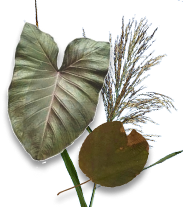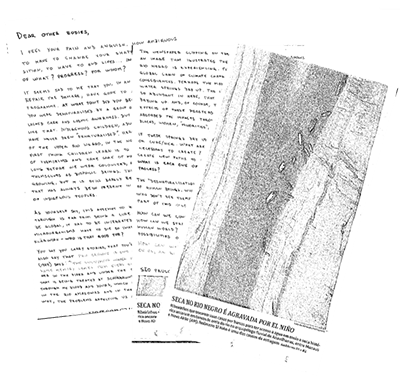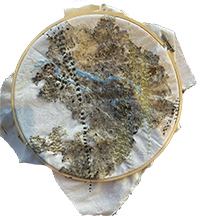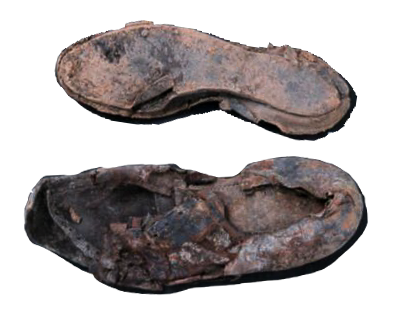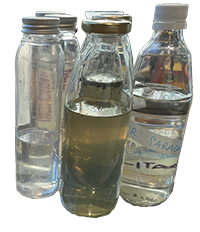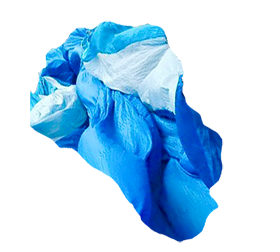This is a platform to share planetary strategies and tactics for collectives engaged in riparian struggles across the Near-South. It is a result of a two-year funded design project which connects human and nonhuman riparians in Jakarta, São Paulo and Berlin by making what we call a “self-organised infrastructure”.


